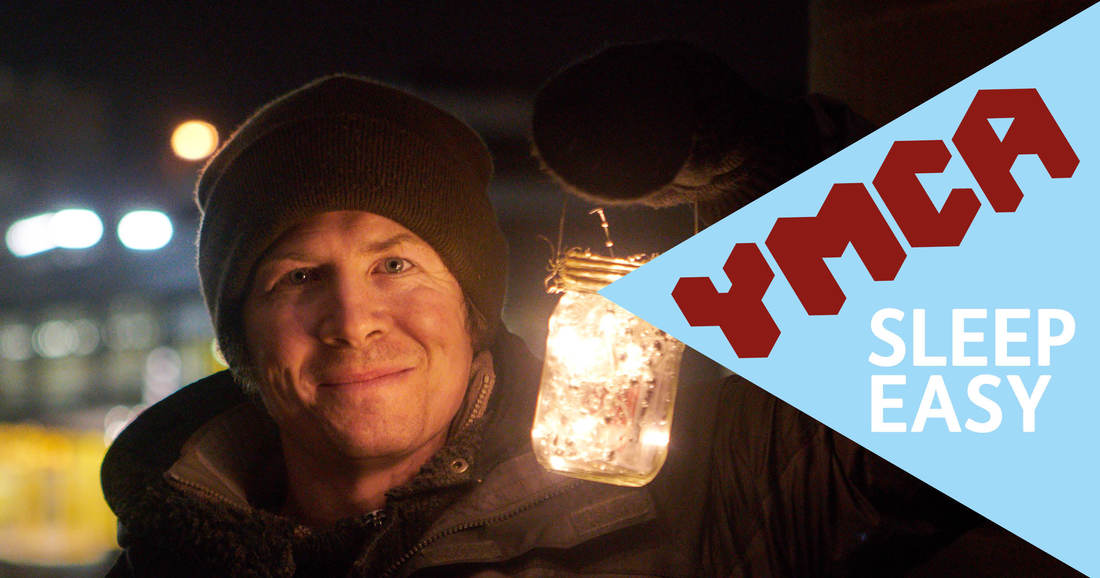Ripon YMCA Sleep Easy 2019
Homelessness has grown exponentially over the last decade in the UK.
This is most visible in the growth in the number of rough sleepers. Rough sleeping is not a problem confined to London; all regions of England have seen an increase in rough sleeping since 2010.

Rough sleeping is the most visible sign of homelessness, but it also includes people living in hostels, shelters or temporary accommodation; those who seek housing from local authorities on grounds of being without accommodation; and those whose homelessness is hidden as they may be sleeping on a friend’s sofa but do not otherwise seek help.
People in the private rented sector are most at risk of homelessness when they come to the end of their Assured Shorthold Tenancy (AST). There has been a significant decrease in welfare support for housing costs, so as rents go up people are forced out of their accommodation. Housing Benefit pays only a portion of housing costs and does not cover increases in rent. The roll out of Universal Credit is expected to further exacerbate this worrying trend.

Government policy
As with the increase in the number of compulsory detentions I have previously written about, there is a direct link between Government policy and the increase in homelessness. Welfare reform and deep cuts in public expenditure have impacted hardest on the poorest. Reductions in welfare spending, changes to Housing Benefit and the introduction of Universal Credit have all had a detrimental impact. People in low paid jobs receive minimal assistance, and this group have been hardest hit by increases in rent.
The Government has pledged to end rough sleeping by 2027 and will invest £100m as part of its strategy, which includes funding for better mental health services for rough sleepers. The Homelessness Reduction Act 2017 also places additional duties on local authorities. However, until there is a reversal in the welfare cuts and greater assistance with housing costs, the underlying causes of the rise in homelessness will not be addressed. The absence of Government funding for research in housing policy is, perhaps, a further sign that it doesn’t want to learn how to reduce homelessness.
Tackling homelessness
The voluntary and charitable sector is at the helm in tackling homelessness in the UK. Local charities, in particular, help to meet local need. For example, the Ripon YMCA provides supported housing for young people most at risk of homelessness. Although it’s a small charity, it does vital work with young people in Ripon.

Ripon YMCA is organising a sleep-out on 8th March 2019 to raise awareness of homelessness and funds for its work. Although less visible than in our major cities, homelessness is still a problem in Ripon. In the past year, there have been young people in the city staying in tents, cars, sleeping on a kitchen floor and in a shed, with many more sofa surfing.
The Sleep Easy encourages local people to sleep out for one night to highlight the problem of homelessness. My wife, Andrea, is taking part and raising money for the Ripon YMCA. She is over half way to her target of £500 and will be very grateful for any assistance you can provide to help her towards this. Please visit her Just Giving page to donate what you can.
Thank you.


